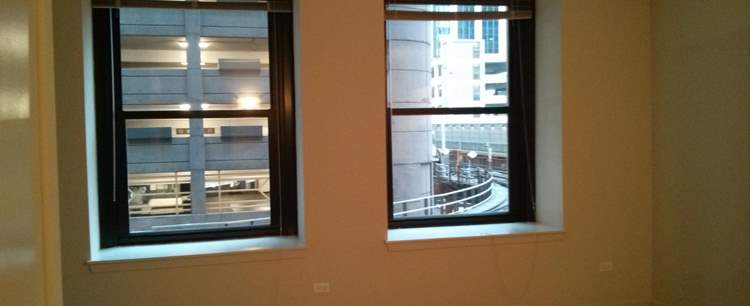It may be important for any landlord to give some thought to the situations where a letting property may be unoccupied.
That’s because, as a careful read though your existing landlords insurance documentation may indicate, once a property has been unoccupied for an extended period of time, cover may lapse unless an additional type of insurance is procured.
Getting advice from specialist providers, like UKinsuranceNET, about the ins and outs of vacant property insurance may help you ensure that you do not have gaps in cover. That might be important if you want to avoid being left financially exposed, should something untoward happen and a claim on your policy became necessary.
Of course, one the main risk areas for an investment property comes from the fact that there are tenants in it and that’s why standard owner-occupier cover is not appropriate for such properties. When any property, whether owner-occupied or rental, is empty though, a whole different set of risks come into play which need a different type of insurance cover.
These risks may derive from the fact that an empty property may become more of a target for squatters, thieves or vandals.
It is also the case that there being no-one around to spot and fix minor problems may result in these getting worse over time and causing more extensive damage that may be more costly to repair. That might require larger claims and pay-outs on your policy.
Some buy to let cover might, therefore, state that after somewhere between 30 and 45 consecutive vacant days, the policy may lapse.
In some cases the reason why your property is empty will not really have any bearing on this timeframe. You may be experiencing difficulties finding tenants for example, or perhaps your property is caught up in legal issues like divorce proceedings or probate.
However, as a landlord, you may be able to benefit from policies which could provide extra cover for an empty property – particularly if you are having renovations done or it has been unoccupied since the inception of the policy.
Having an extra few weeks available to you before you have to consider unoccupied cover may make a significant difference to the management of your budget. So while you may instinctively want to avoid thinking about situations where your property was untenanted and not earning you rental income, it may work to your advantage in the longer term.
Comparing buy to let insurance policies and getting specialist advice about the most appropriate cover for your let property before rather than after the event, may help you to stay in control.







